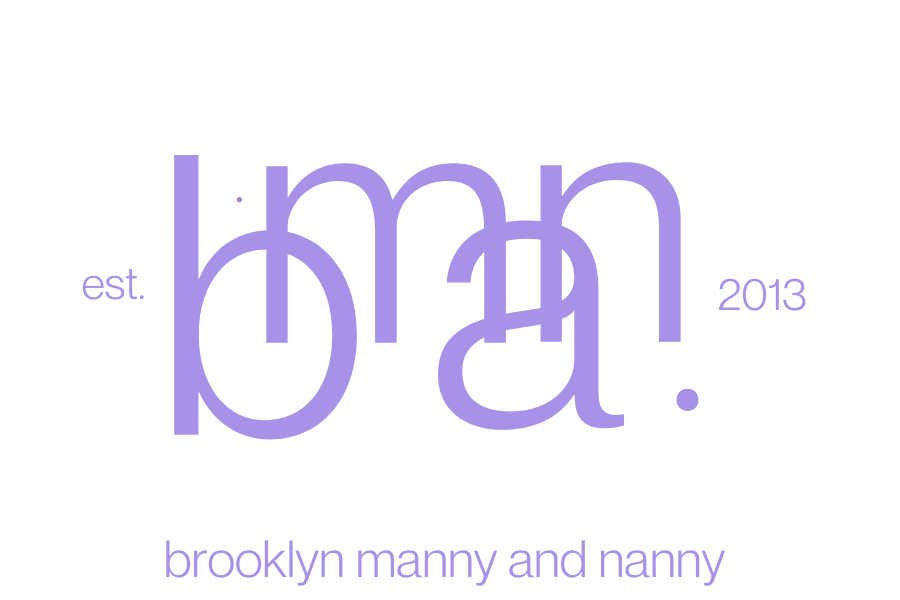The Role of Mannies: Exploring Gender Dynamics in Modern Childcare
Ever found yourself wondering about the surge in popularity of male nannies in modern households? Despite the strides we've made towards gender equality, the choice to hire male caregivers sparks curiosity. Let’s dive into the complexities of this phenomenon, seeking to untangle the motivations behind the rise of mannies, the nuance when hiring based partially on sex, and the legal and familial implications involved in such decisions.
Please note: we will give two specific examples/cases of families who seek out mannies, their motivations, and the legal nuance that makes hiring a manny, specifically, for the role both appropriate and legally justified. This is in no way meant to be prescriptive, or limiting to families interested in hiring a manny. If you have any questions about BFOQ’s please reach out — we are happy to discuss your unique family needs and provide a non-judgmental space for you to explore, discuss, and ask questions.
Bona Fide Occupational Qualification:
When a family hires based on sex, it is often deemed a Bona Fide Occupational Qualification (BFOQ), acknowledging that specific gender attributes are considered essential for the role. While this legal concept may be applicable in some cases, it's essential to approach such decisions with a careful consideration of the broader goals and values shaping a child's upbringing.
Single Mothers by Choice:
Consider a scenario where successful, professional women deliberately opt for single motherhood. In these cases, the decision to bring a male caregiver into the picture is not a statement on the capabilities of women. Instead, it acknowledges the importance of diverse role models for children. While recognizing the ability of women to excel in both professional and parenting roles, single mothers by choice often seek to provide a balanced influence. A male nanny introduces a different perspective and can serve as a valuable role model, particularly for young boys. The intention is not to reinforce traditional gender roles but to broaden the child's exposure to diverse experiences.
Two-Female Couples:
In households with two women as parents, the inclusion of a male nanny is motivated by a similar desire for diversity. The decision is practical, offering children exposure to a varied range of role models. Beyond the caregiving aspect, the manny becomes a supportive presence in addressing potential questions or challenges that may arise due to the family's structure. The idea is not to promote a particular family model but to provide a comprehensive understanding of the world. A male caregiver contributes to the child's upbringing by offering different perspectives and experiences to the family unit.
Celebrating Diversity in Childcare and Challenging Stereotypes:
While it's essential to celebrate diversity in caregiving, it's equally important to avoid falling into the trap of hiring based on gender stereotypes. Discrimination arises when assumptions about someone's abilities or qualities are solely tied to their gender. In scenarios where families seek specific attributes in a caregiver, it's important to recognize that certain qualities may be better fulfilled by individuals of any gender. Families looking for an athletic nanny to keep up with energetic kids or a strong figure capable of handling teenagers with behavioral challenges might find that these traits are not exclusive to a particular gender. However, hiring a person of a specific gender for their intrinsic worldview or lived experience is a nuanced distinction. It acknowledges that individuals, shaped by their unique backgrounds, can offer diverse perspectives that enrich a child's upbringing. The key lies in recognizing the individual's unique qualities, experiences, and perspectives, rather than relying on preconceived notions tied to gender. By doing so, families can ensure that their choice of caregiver is driven by a genuine desire for a varied and inclusive environment, fostering a deeper understanding of the world for the child in their care.
When considering the employment of a male nanny, it's crucial to weigh the decision against the legal concept of Bona Fide Occupational Qualification (BFOQ). This ensures that hiring based on gender aligns with the genuine needs of the caregiving role and the broader goals of the family.

